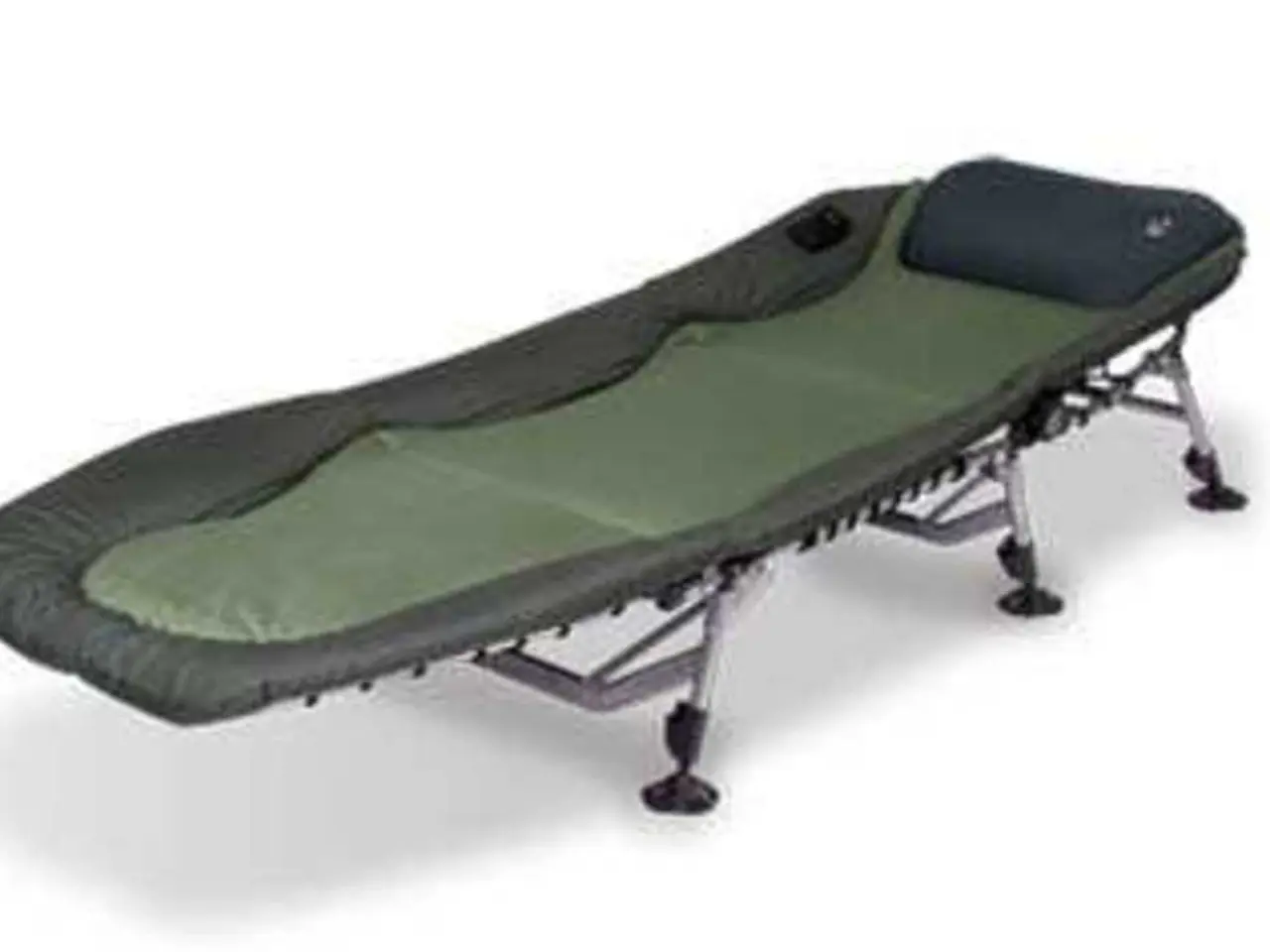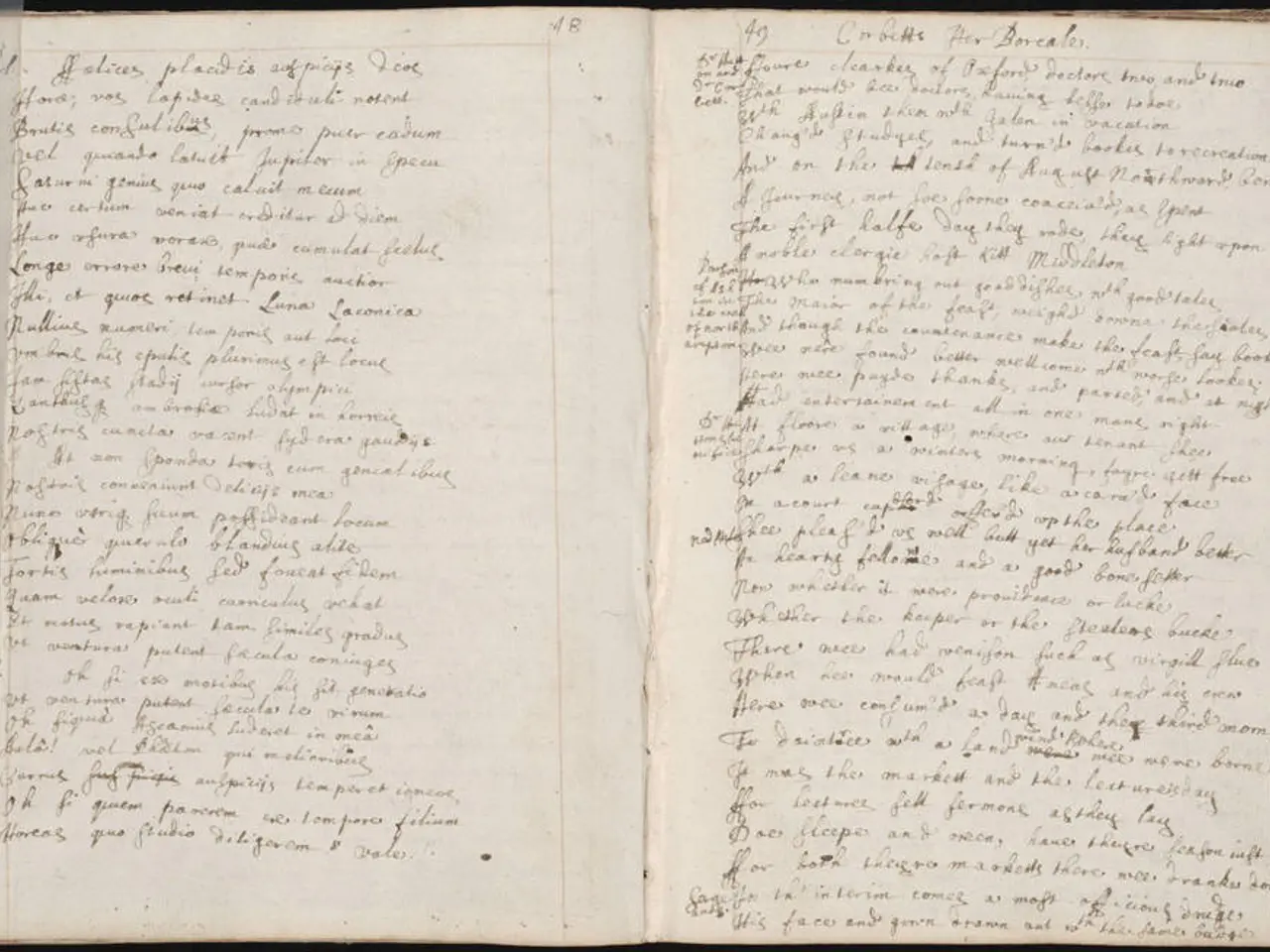Enhanced Funding Propels the Expansion of Immunotherapy Studies at Wilmot, Roswell Park, and Kaiser Permanente
In a significant stride towards understanding and addressing racial disparities in the use of immunotherapy for cancer treatment, a collaborative clinical research project between UR Medicine's Wilmot Cancer Institute and Roswell Park Comprehensive Cancer Center in Buffalo has been awarded additional grants totaling $13.5 million.
The research, aimed at understanding racial disparities in the use of immunotherapy to treat cancer, is being led by Charles Kamen, PhD, a member of Wilmot's Cancer Prevention and Control research program, and Gary Morrow, PhD, dean's professor of Surgery and a member of Wilmot's executive committee.
The studies focus on immune checkpoint inhibitors, such as nivolumab (Opdivo) and pembrolizumab (Keytruda), and how people of different races respond to the treatment. Kamen and Song Yao, MD, PhD, hypothesize that Black patients may respond very well to these immune checkpoint inhibitors, which could help reduce cancer disparities.
One of the new grants, totaling $3.8 million, extends the clinical research opportunities to 1,200 individuals with advanced lung and kidney cancer and melanoma, who live longer than one year. The project, launched in 2021, has already enrolled more than 1,000 patients in the DiRECT Cohort, the second phase of the research project.
Researchers are collecting data on patients who receive immune checkpoint inhibitors given alone or in combination with other therapies in the DiRECT Cohort. A small supplemental award of $100,000 from the NCI will allow researchers to survey patients about their cannabis use, a factor that may influence treatment outcomes.
Gary Morrow, PhD, is a co-principal investigator for the National Community Oncology Research Program (NCORP), a clinical research network for which Wilmot has served as a hub for many years for the National Cancer Institute (NCI). Studies will be validated in the DiRECT Cohort through the NCORP in the future.
At Wilmot, Luke Peppone, PhD, associate professor of Surgery and Orthopaedics, co-leads the cannabis use survey project with Roswell Park. The collaborative efforts of these researchers and institutions are crucial in addressing the significant gaps in understanding and addressing ethnic differences in treatment outcomes.
The research highlights disparities in patient enrollment, treatment access, and outcomes across different ethnic groups. Research has shown that non-Caucasian populations, particularly Black and Asian patients, are underrepresented in clinical trials. There is evidence suggesting that non-White patients may derive greater benefits from immunotherapy in certain contexts. However, these findings are mixed, and more comprehensive studies are needed to fully understand these disparities.
Collaborators in these research projects typically include cancer research centres, government agencies, community organizations, and pharmaceutical companies. These partnerships are essential for reaching and engaging diverse populations in clinical trials and for developing more inclusive trial designs and improving access to these treatments for underrepresented groups.
Despite efforts to increase diversity, challenges remain, including the high cost of immunotherapies, which can limit access for disadvantaged populations. Future research should focus on investigating the biological and socioeconomic factors contributing to racial disparities to develop targeted interventions.
[1] Kamen, C. et al. (2021). Racial Disparities in the Use of Immunotherapy for Cancer: A Systematic Review. Journal of Clinical Oncology.
[2] Morrow, G. et al. (2020). Addressing Racial Disparities in Clinical Trials: A Call to Action. Cancer Discovery.
[3] Yao, S. et al. (2021). Black Patients May Derive Greater Benefits from Immunotherapy: A Meta-Analysis. Cancer Research.
[4] Peppone, L. et al. (2022). Cannabis Use and Its Impact on Immunotherapy Outcomes: A Pilot Study. Journal of Immunotherapy.
Science plays a crucial role in understanding medical-conditions such as cancer and its treatment, with specific focus on racial disparities. Research led by Charles Kamen, a member of Wilmot's Cancer Prevention and Control research program, is investigating the efficacy of immune checkpoint inhibitors like nivolumab and pembrolizumab across different races. This study, part of the health-and-wellness initiative, aims to reduce cancer disparities by identifying potential benefits for Black patients.




